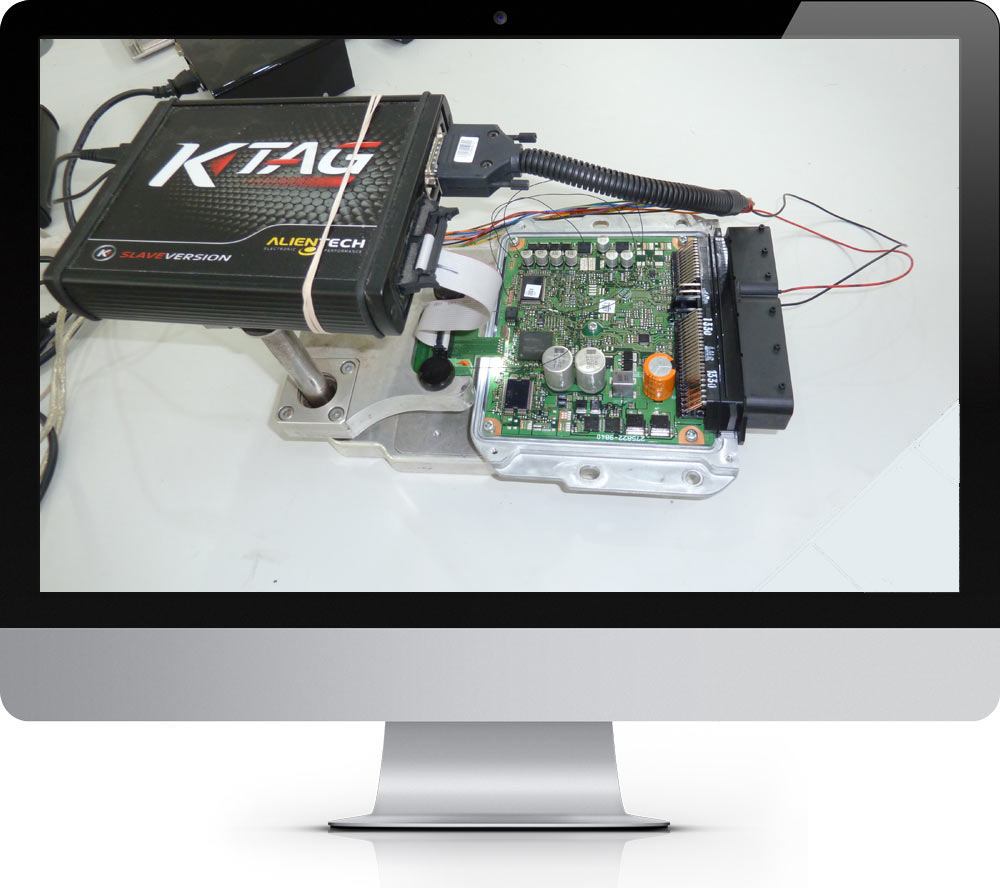The Differences Between Performance Chips & Tuners
The Differences Between Performance Chips & Tuners
Blog Article
The Differences Between Performance Chips & Tuners
When it comes to car tuning, performance chips and tuners are two of the most common ways to improve your vehicle’s performance. Both offer significant power gains, better throttle response, and improved fuel efficiency, but they work in different ways and offer different levels of customization. Understanding the key differences between these two options is essential for selecting the right modification for your needs.

What are Tuners?
A tuner (also referred to as an ECU tuner or performance tuner) is a device or software that allows you to make deeper, more customizable changes to your car’s ECU. Unlike performance chips, tuners let you reprogram or remap the ECU, giving you the freedom to adjust various parameters like fuel injection, timing, boost pressure, and more. Tuners are typically used by serious enthusiasts who want to extract maximum performance from their vehicles.
Key Features of Tuners:
Customizable Tuning: Tuners allow for far more customization compared to performance chips. You can adjust specific parameters to match your car’s setup, whether it’s for daily driving, track use, or drag racing.
Multiple Tunes: Tuners allow you to load different “tune files” based on driving conditions or goals. For instance, you can have one tune for daily driving, another for performance driving, and a third for fuel economy.
Data Logging: Advanced tuners offer features like data logging, which allows you to monitor your car’s performance in real-time. This helps you make more informed tuning files decisions and ensures that your car is running optimally.
Software-Based: Many tuners come with software that connects to your car’s ECU through an OBD-II port. You can use a laptop or mobile device to adjust the tune and upload it to your car.
Pros of Tuners:
High Customization: Tuners allow you to make detailed adjustments to your car’s ECU, including modifying fuel maps, ignition timing, and turbo settings.
More Control: You can fine-tune the car for specific goals, whether it's performance, fuel efficiency, or a balance of both.
Real-Time Feedback: Many tuners have data logging capabilities that let you monitor important engine parameters while driving, giving you better insight into your vehicle’s performance.
Future-Proof: Tuners allow you to make adjustments over time. As you add more aftermarket parts (such as a turbo or cold air intake), you can adjust the tune to accommodate those changes.
Cons of Tuners:
Complexity: Tuners generally require a bit more technical know-how and may not be as simple to use as a performance chip. Professional tuning may also be necessary for optimal results.
Cost: Tuners are typically more expensive than performance chips, particularly when you factor in the cost of professional tuning and customization.
Potential for Errors: Improper tuning or aggressive adjustments could lead to engine damage if not done correctly. It’s important to understand the modifications you’re making.
What are Performance Chips?
A performance chip is a small device that alters your vehicle’s Engine Control Unit (ECU) or Powertrain Control Module (PCM) settings. This chip modifies parameters like fuel-to-air ratios, ignition timing, and turbo boost (in turbocharged cars) to improve engine performance. There are several types of performance chips, including plug-and-play options and those requiring ECU flashing.
Key Features of Performance Chips:
Simpler Installation: Plug-and-play chips are the easiest to install and don’t require extensive technical knowledge. They usually plug into the OBD-II port, making installation straightforward.
Pre-programmed Tunes: Performance chips often come with pre-configured tunes that adjust basic parameters like fuel maps, ignition timing, and throttle response for a performance boost.
Limited Customization: While some chips offer limited customization options (like switching between pre-set tunes), they typically don’t offer as much flexibility as tuners. You’re often limited to specific configurations set by the manufacturer.
Fixed Performance: After installation, the chip typically provides a single type of performance boost, though some chips offer multiple modes like Eco Mode for fuel efficiency and Sport Mode for increased power.
Pros of Performance Chips:
Ease of Use: Installation is quick and simple, with no need for professional tuning or advanced skills.
Pre-configured Tunes: They often come with pre-programmed settings that are ready to use, making them great for users looking for a plug-and-play solution.
Affordable: Generally, performance chips are more affordable than tuners, especially when compared to professional ECU remapping or custom tuning files.
Cons of Performance Chips:
Limited Customization: While you may be able to switch between a few basic tunes, there’s usually not much flexibility beyond what’s pre-programmed.
Less Advanced: Performance chips are great for mild to moderate performance boosts but don’t offer the same level of control or in-depth adjustments as tuners.
Report this page